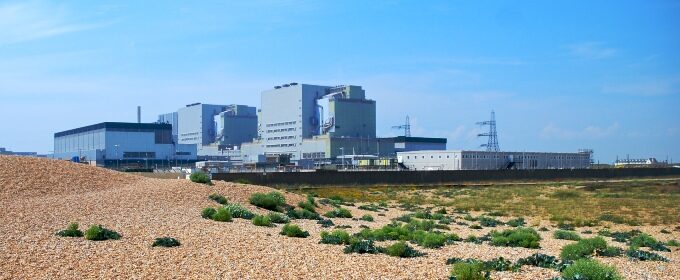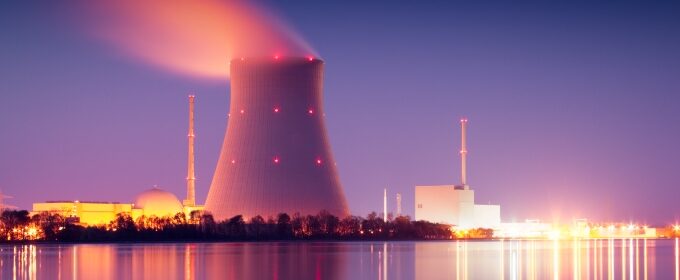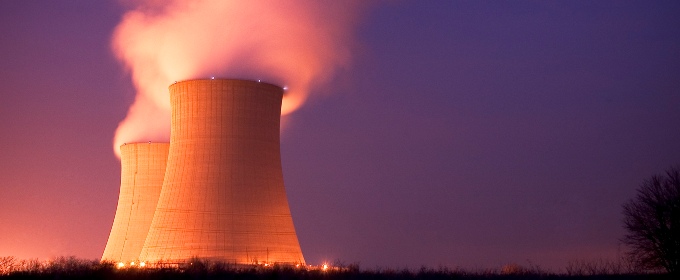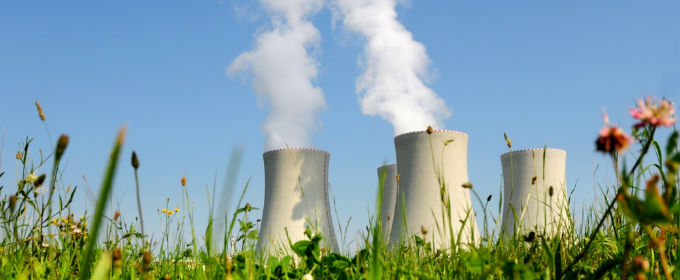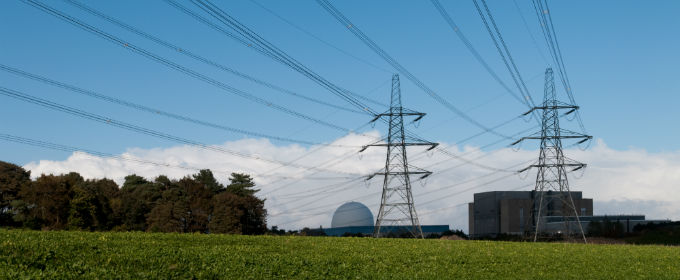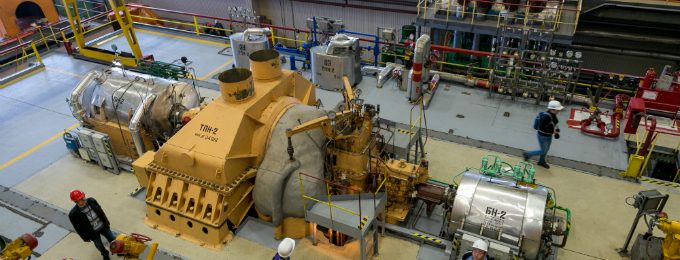Autonomous systems are becoming increasingly commonplace across all facets of modern life, including hazardous environments, where the choices made by machines have the potential to cause harm or injury to humans. But how well do we understand the decision-making process of artificial intelligence, and how does this affect trust in autonomous systems? In this blog, Professor […]

